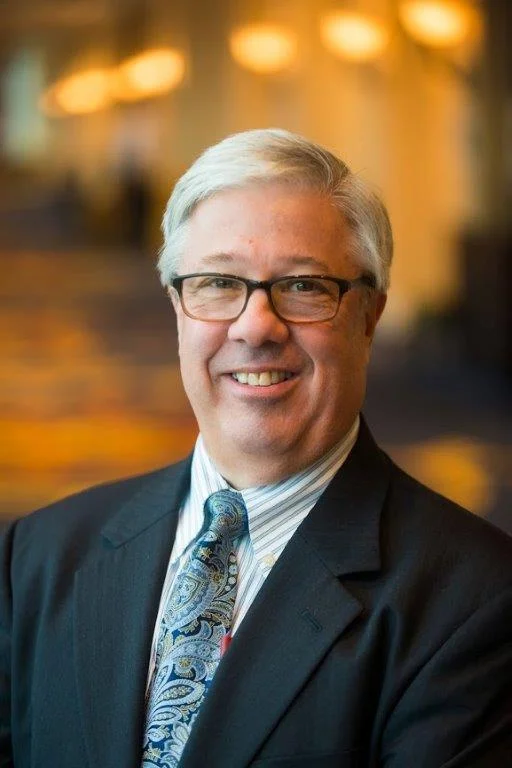Randall D. Gentzler, Vice President of Finance — Loyola University Maryland
This week on Navigating Change we begin a three-part series to share the administrative and academic review from the inside out. Our first guest is Vice President of Finance of Loyola University Maryland Randy Gentzler, and it was under his guidance that the project ensured its focus not only on ideas for change consistent with mission but also ones that would have a positive financial impact.
As the chief business officer, Randy describes the project from its inception to deal with the short-term operating budget as well as defining a new model of financial success. Randy and Howard share their experience working as true partners in this project and offer key learnings for getting the most out of this unique relationship.
About Randall D. Gentzler
Randall Gentzler joined Loyola University Maryland in May 2011 and serves as the University’s chief financial and investment officer. He provides senior leadership and direction to the major operating divisions of financial services, technology services, and facilities and campus services. He joined Loyola from Philadelphia University where he held the position of vice president for finance and administration/treasurer since 1995. He received his MBA from Philadelphia University; his B.S. in Accounting from Elizabethtown College; and attended Harvard University’s Institute for Educational Management (IEM).



